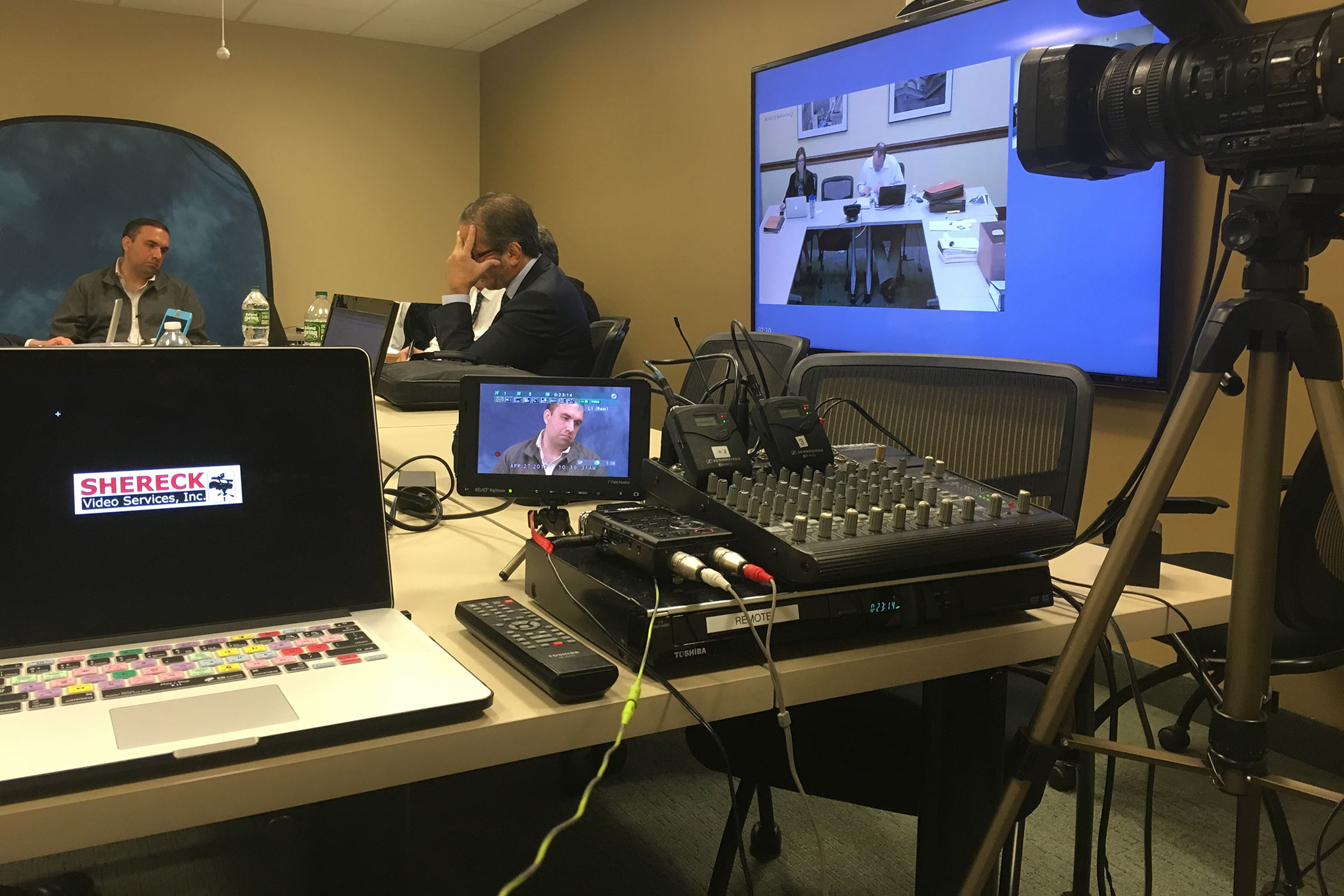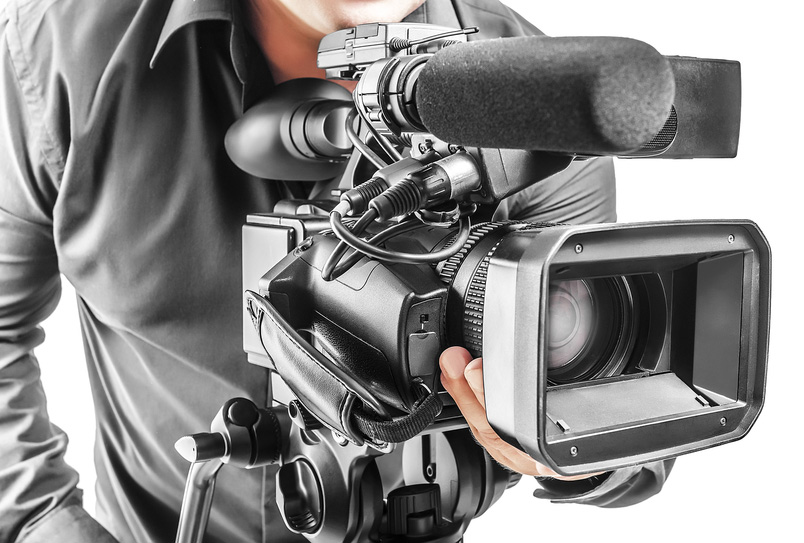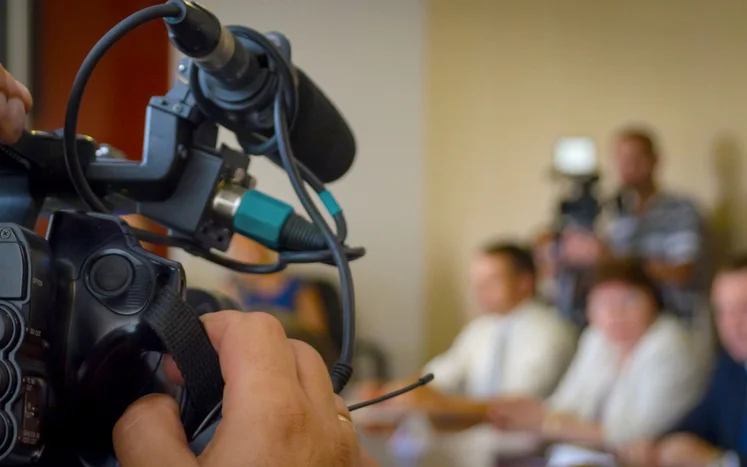The Function of Lawful Videography in Depositions and Trials
Legal videography has actually arised as an essential device in both depositions and tests, giving a complex strategy to recording witness statements. As legal professionals increasingly recognize its worth, it motivates a much deeper assessment of exactly how these visual records can affect juror understandings and trial results.
Significance of Legal Videography
Lawful videography plays a pivotal duty in the paperwork and presentation of depositions and trials. This customized area integrates technical skills with legal expertise to produce a trustworthy document of procedures that can significantly affect instance results. The appearance of lawful videography improves the understanding of witness testimony, permitting jurors and judges to observe not just the spoken words but additionally the attitude, emotions, and body language of the witnesses.

The relevance of lawful videography prolongs beyond the court room; it additionally plays a crucial role in preserving proof for future recommendation, whether for appeals or more lawsuit. Thus, its combination into the lawful process is important for ensuring a reasonable and accurate depiction of the truths, ultimately adding to the quest of justice.

Process of Legal Videography
While catching the subtleties of depositions and trials, the process of legal videography includes numerous crucial steps that make sure high-quality, precise recordings. At first, a specialist legal videographer prepares by evaluating the situation products and recognizing the specific requirements of the deposition or trial. This preparation includes familiarizing themselves with the participants and the context, which helps in catching essential information.
On the day of the recording, the videographer establishes up the essential tools, which typically includes high-def cameras, microphones, and proper lighting. Ensuring optimal angles and audio top quality is crucial, as it directly impacts the performance of the recording. The videographer connects with lawyers and individuals to establish procedures, guaranteeing that everyone understands the recording process.
Throughout the deposition or test, the videographer thoroughly tapes the procedures, paying close interest to both verbal and non-verbal cues. legal videography. This includes recording the attitude and responses of witnesses and attorneys. After the session ends, the videographer might edit the footage for quality and conformity with legal standards, generating a last product that properly shows the proceedings for future reference and usage in legal contexts
Advantages in Depositions
The consolidation of videography in depositions provides numerous benefits that enhance the total procedure of gathering proof. One primary advantage is the capability to record witness statements with visual and acoustic fidelity, giving a much more accurate representation of the witness's demeanor, tone, and body movement. This multidimensional method permits attorneys and courts to evaluate credibility better than typical written transcripts alone.
In company website addition, videographed depositions act as an effective tool for protecting testament. Ought to a witness become not available for test, their recorded deposition can be played in court, making sure that their evidence remains available and appropriate. This aspect substantially lowers the risk of losing critical information that might influence case results.
In addition, making use of legal videography advertises far better preparation for attorneys. Assessing video clip footage permits legal teams to analyze and refine their strategies, recognizing strengths and weaknesses in their situations. This primary benefit can lead to more compelling presentations in court.
Finally, videography improves the total professionalism of the deposition process, instilling confidence in clients pertaining to the thoroughness of their lawful depiction. By from this source leveraging modern technology, lawyers can significantly improve the effectiveness of depositions.
Effect on Trials
In numerous trials, the integration of videography can considerably influence the presentation read more of evidence and the court's assumption. Lawful videography records witness testaments and essential proof in a vibrant style, enabling jurors to engage with the material on numerous degrees. This aesthetic element enhances the storytelling facet of a test, supplying context and emotional resonance that traditional text-based proof might lack.
Furthermore, video recordings can offer as effective tools for impeachment throughout interrogation. When inconsistencies develop between a witness's previous declarations and their court testimony, video clip evidence offers an unbiased referral that can persuade jurors' opinions. This immediacy and quality can boost the trustworthiness of a party's story while all at once threatening opposing disagreements.
Additionally, making use of videography can assist streamline complicated information, making it more accessible to jurors that may battle to realize elaborate information offered exclusively through spoken testimony. By incorporating visuals with auditory details, legal videography can improve retention and understanding, ultimately affecting the court's decision-making process. The influence of videography in trials prolongs past mere looks; it plays an important duty in shaping the legal landscape and end results.
Future Trends in Legal Videography
As we look toward the future of legal videography, numerous emerging patterns assure to reshape its function within the court room. One substantial trend is the combination of expert system (AI) in video evaluation and editing and enhancing - legal videography. AI can improve the process of recognizing vital moments in tape-recorded depositions, enabling lawyers to promptly access relevant material, consequently boosting efficiency in case preparation
Furthermore, the increase of digital fact (VIRTUAL REALITY) and boosted reality (AR) technologies is expected to transform exactly how jurors experience evidence. By immersing jurors in a simulated atmosphere, these innovations can supply an extra profound understanding of complex scenarios, resulting in more informed deliberations.

In addition, the raising need for remote depositions, sped up by the COVID-19 pandemic, will likely proceed. Legal videographers will need to adjust to brand-new software application and platforms to guarantee premium recordings in online settings.
Last but not least, the expanding emphasis on data security will certainly demand stricter protocols for storing and sharing video clip proof. As the legal landscape evolves, lawful videographers need to stay abreast of these trends to keep their relevance and efficiency in the judicial process.

Verdict
In summary, lawful videography offers a vital function in the judicial procedure, enhancing the stability of depositions and tests. By catching the nuances of witness testimonies, this tool not just preserves crucial evidence but also help in providing info properly to jurors. The value of visual documentation in reviewing reliability and promoting cross-examination can not be overemphasized. As modern technology remains to progress, lawful videography is poised to further transform its function within the lawful landscape.